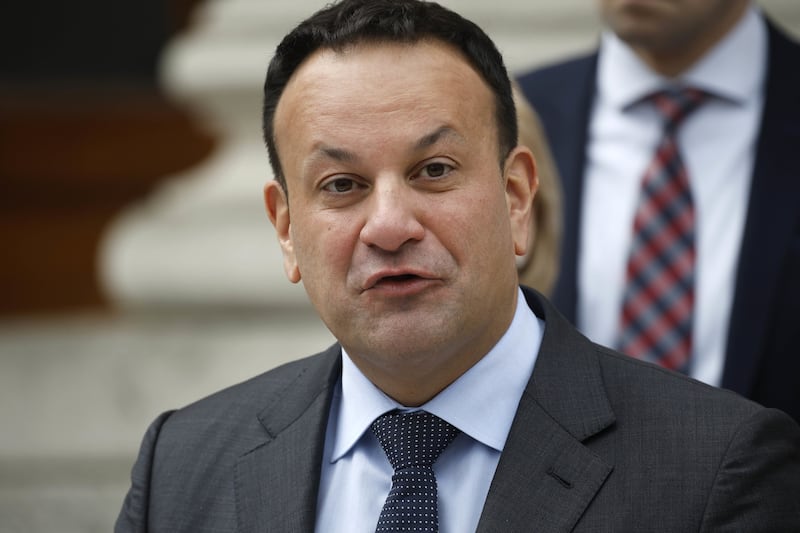Simon Harris has had a rapid rise in politics but a week ago few would have believed his time as taoiseach would have come around quite so quickly. His appointment as Fine Gael leader and taoiseach designate has been confirmed in the absence of any other contenders.
He takes over as the head of a party and a government that isn’t without its problems. Polling published on Sunday showed support for Fine Gael was down one point at 19%, although the survey was conducted before Leo Varadkar resigned as party leader.
No fewer than ten (of 35) Fine Gael TDs have signalled that they don’t plan to run for the Dáil in the next election. Being in government continually for the past 13 years, whether singularly or as part of coalition, has clearly taken its toll on support and the enthusiasm of the party’s TDs, perhaps best typified by the departing leader’s decision to call it a day at a mere 45 years of age.

Fine Gael may be in government but it only has the support of around one-fifth of the electorate, a figure which isn’t expected to increase significantly under the new leader.
To many, 37-year-old Mr Harris – already christened the ‘Tik-Tok taoiseach’ on account of his relative youthfulness – is simply Continuity Leo Varadkar, although without the sexual orientation and Indian heritage that set the departing taoiseach apart from his predecessors.
Few are questioning his ability to lead Fine Gael, only his capacity to revive its fortunes quickly. Does he keep the party on the liberal path that Mr Varadkar favoured or does he opt to return Fine Gael to its more traditional conservative values? Irish society is transforming quickly but many people, particularly the older generation, are uncomfortable with the pace of change.
There are also issues around messaging and, particularly when in a coalition government, differentiating Fine Gael from its old rival Fianna Fáil. He has less than a year to put his stamp on the party before the next general election, while before then there are council and European elections to contest.
As far as the north goes, we should expect little change in approach, though perhaps unionists will be a little more willing to engage with Mr Harris, who effectively has a clean slate on cross-border matters.
The disparate nature of southern politics means that the new taoiseach may indeed get a second term after the next election but it’s difficult at the moment to see him winning the confidence of non-Fine Gael supporters.







